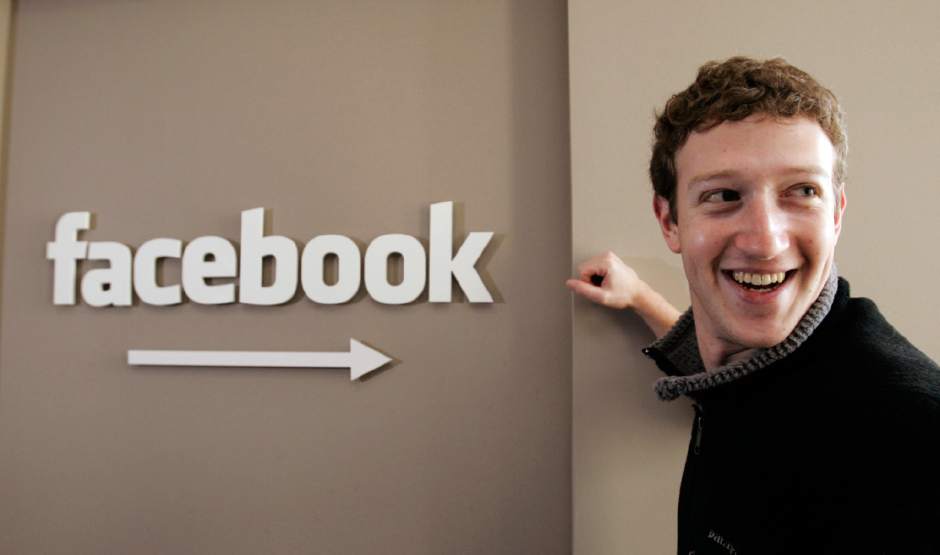https://archive.triblive.com/opinion/featured-commentary/former-washington-post-publisher-dont-regulate-facebook/
Former Washington Post publisher: Don't regulate Facebook

This Feb. 5, 2007, file photo shows Facebook founder Mark Zuckerberg at Facebook headquarters in Palo Alto, Calif. Zuckerberg’s boyish appearance, even today, is a reminder of just how young he was when he created what would become the world’s biggest social network, back in his dorm room at Harvard. “I didn't know anything about building a company or global internet service,” he wrote in January 2018. “Over the years I've made almost every mistake you can imagine.” (AP Photo/Paul Sakuma, File)
The problems at Facebook and other problems, real and perceived, at Google, Amazon and Apple have led to an easy consensus: The large technology companies should be regulated. When Sens. Ted Cruz, R-Texas, and Elizabeth Warren, D-Mass., call for the same thing, it is possible Congress will decide technology companies must be regulated.
Such an outcome would be a bad mistake — bad for the companies; bad for us, their users; and bad for the country.
I do not pretend to be unbiased. I spent six years on Facebook's board. As publisher and later chairman of The Washington Post, I watched the rise of Google, Facebook, Amazon and Apple, sometimes with hope, sometimes with awe and sometimes with horror for what it meant to The Post's business.
To start with the basics: The big technology companies ought to obey the laws that apply to all businesses. They should pay their taxes and comply with antitrust laws. If they make mistakes, they should admit them quickly and act transparently to fix them. Facebook, in particular, faces a huge challenge in convincing its users that they can trust it to safeguard their data.
So why not regulate these companies more?
First: Google and Facebook are platforms where a great deal of today's political speech and reporting of news takes place, and regulation is an inherently political act. If you want a Technology Company Regulation Commission, its chairman and members will be appointed by presidents and will reflect their policies. And how do you argue that government should be able to regulate speech on YouTube but not your own speech, or that of The Post?
Second: Regulators often do not or cannot talk face-to-face with those being regulated to understand the consequences of what they are doing. The conversation is conducted through lawyers on both sides. Is there a set of regulators who would understand how Google or Facebook is put together?
Facebook and Google argue they have one goal: innovating to satisfy their customers. Regulation introduces a different goal: not offending the regulators. Technology companies must move fast; regulation slows things down. Almost inevitably, this hurts a company's performance.
From the day it began accepting advertising, Facebook has walked a line. It promised advertisers the ability to target ads at users interested in their products; it promised users their data would be private. Careful compromises should have been able to maintain trust with both advertisers and users.
Taken together, the big tech companies constitute a rare area where America leads the world. If you don't believe they are important to the country, look at how they are treated elsewhere. In China, Facebook and Google are banned because they encourage free speech and free thought. The Chinese have created massive competitors such as Tencent and Baidu, sheltered from Western competition in their enormous home market. If Google and Facebook slow down, these competitors will easily pass them by.
Will it aid your privacy to search on Baidu or share on Tencent? I don't think so.
I hope the technology companies are wise enough to take the measures needed to convince users they care about their privacy. And I hope our country is wise enough not to regulate them.
Donald E. Graham, chairman of Graham Holdings Co., was publisher of The Washington Post from 1979 to 2001.
Copyright ©2025— Trib Total Media, LLC (TribLIVE.com)
